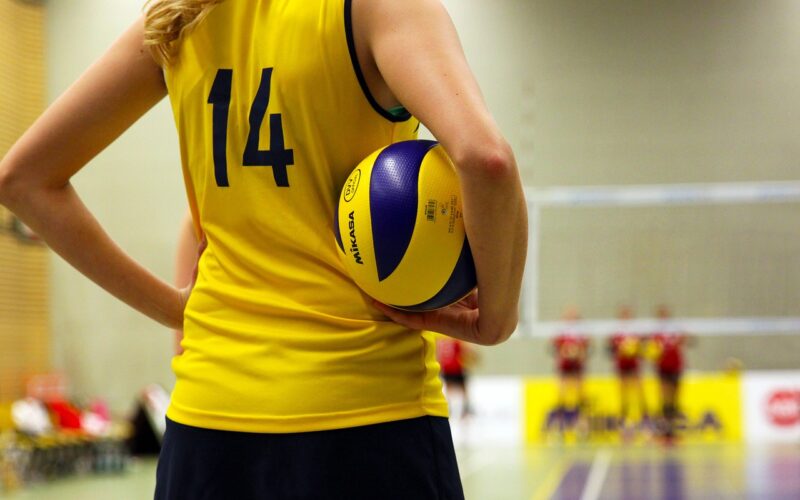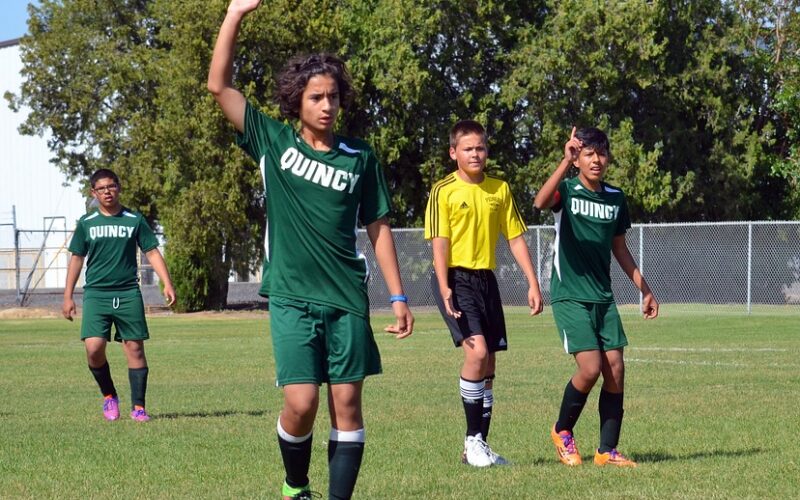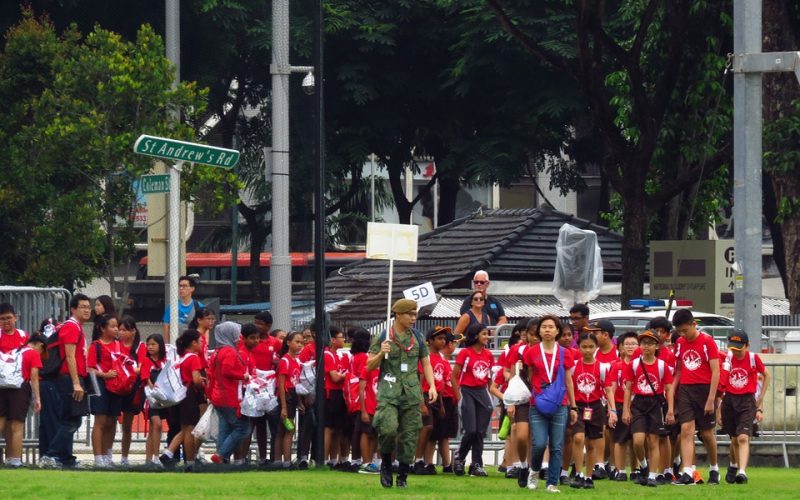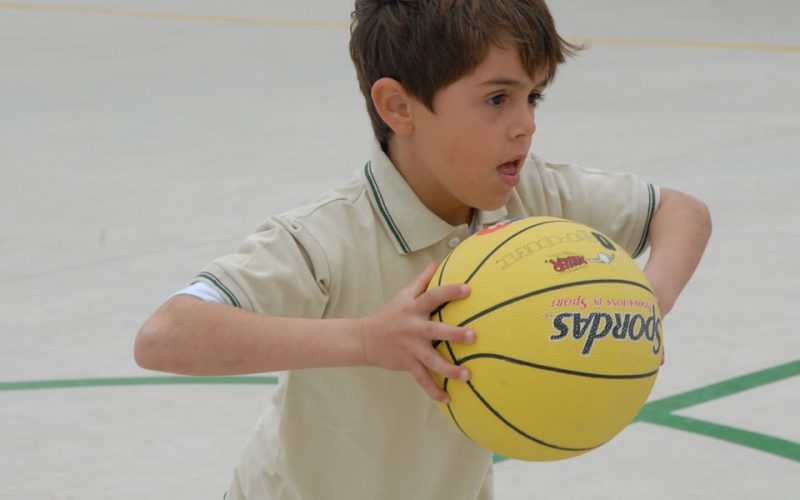Participation in team sports during school and college years offers children and young adults invaluable lessons that extend far beyond the playing field. Team environments, inclusive of training, practice, and competitive games, foster a multitude of character-building skills that are critical for personal development and future success.
Through the structured realm of sports, individuals learn the importance of cooperation, dedication, and resilience, elements that are instrumental not only in sports but in academic and professional settings as well.
Working together to achieve common goals
The team environment in sports necessitates collaboration and communication. Training sessions and practices emphasise the importance of working together to achieve common goals, teaching children how to effectively convey their ideas and listen to others.
This continuous interaction nurtures their social skills, broadening their understanding of teamwork and the significance of each role within the team. By navigating these dynamics, young athletes develop a sense of empathy and mutual respect, skills that are essential for positive relationships and professional conduct in the future.
Self-discipline
Athletic participation also instils a strong work ethic. The rigors of regular practice sessions demand discipline, time management, and perseverance. Athletes learn to balance their academic responsibilities with their sports commitments, often under the guidance of coaches who emphasise the importance of education.
This balancing act teaches valuable lessons in prioritisation and self-discipline. Furthermore, the pursuit of athletic excellence demonstrates the rewards of hard work and determination, reinforcing a growth mindset that encourages continuous improvement and resilience in the face of challenges.
Boosts self-esteem
Character building through team sports extends to the development of emotional intelligence. Competitive sports inherently involve both victories and defeats, each offering unique learning opportunities. Winning fosters a sense of achievement and boosts self-esteem, while losing builds resilience and teaches the importance of perseverance.
Handling these highs and lows within a supportive team environment helps young athletes develop emotional resilience and a balanced perspective, both of which are critical for managing stress and setbacks in all areas of life.
Maintain good academic standing
Education and sports should not be viewed as mutually exclusive; rather, they complement each other. Schools and colleges that support athletic programs provide students with well-rounded experiences that enhance cognitive and physical abilities.
Sports can offer a much-needed respite from academic pressures and contribute to improved concentration and mental clarity. For many students, sports participation motivates them to maintain good academic standing in order to remain eligible for their teams, thereby promoting a holistic approach to education that values both intellectual and physical achievements.
Reinforce the value of effort and commitment
Parents play a pivotal role in their children's athletic experiences. Their support and encouragement can significantly enhance a child's confidence and enjoyment of sports. When parents positively engage with their child's sporting activities, they reinforce the value of effort, commitment, and sportsmanship.
However, it is crucial that parents maintain a balanced perspective, emphasising personal growth and enjoyment over winning. Positive parental involvement can contribute to a child's long-term love of physical activity and foster a healthy lifestyle.
Development of crucial life skills
The value of children being involved in team sports throughout their school and college years cannot be understated. The lessons learned in the team environment, both in training and competitive scenarios, contribute significantly to the development of crucial life skills. From fostering cooperative and communication abilities to instilling a strong work ethic and emotional resilience, the benefits are manifold.
The integration of sports within the educational framework further supports the comprehensive development of young individuals, preparing them for the multifaceted demands of the future. Parents' constructive engagement amplifies these benefits, making team sports an essential aspect of a child's growth and development.

















